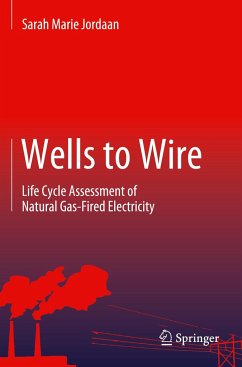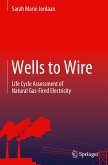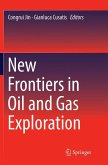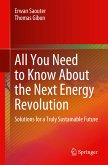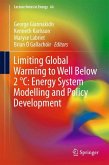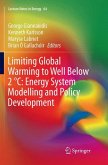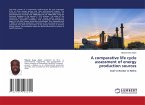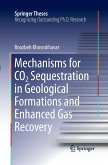This book presents an unbiased, comprehensive examination of the state of knowledge for life cycle assessments (LCAs) of natural gas-fired electricity, covering a suite of environmental impact categories. An exploration of the life cycle environmental impacts of gas-fired electricity is used to introduce the field of LCA, advancements in methods and data, and the limitations thereof. Natural gas, particularly as a fuel for electricity generation, serves as a dichotomy within energy and environmental systems analysis. While the cleanest burning fossil fuel, it is not without impacts, making it an excellent case study for introducing life cycle assessment.
This book introduces readers to the field of LCA using natural gas-fired electricity as a case study, as well as providing a comprehensive review of the state of the art in life cycle data, research, and scientific debate related to this product system. The author also elucidates data and methodological challenges inherentto the field of LCA, exemplified using published research. The text explores how to conduct LCA, describing the analysis from the perspective of a numerator and denominator. With each chapter, the complexity of undertaking a LCA of gas-fired power is unravelled beyond a simple fraction to the expansive network of infrastructure examined in this type of research.
Students, instructors, LCA practitioners, and energy professionals will benefit from not only the introduction to data and methods, but also this useful summary of the state of the art in the field. Policymakers and the interested public can learn more about the implications of LCA results for decision-support and the commentary about the economics of natural gas and its role as a bridge fuel. This book provides not only a useful reference, but also a springboard for researchers and experts interested in specializing in LCA, natural gas, or both.
This book introduces readers to the field of LCA using natural gas-fired electricity as a case study, as well as providing a comprehensive review of the state of the art in life cycle data, research, and scientific debate related to this product system. The author also elucidates data and methodological challenges inherentto the field of LCA, exemplified using published research. The text explores how to conduct LCA, describing the analysis from the perspective of a numerator and denominator. With each chapter, the complexity of undertaking a LCA of gas-fired power is unravelled beyond a simple fraction to the expansive network of infrastructure examined in this type of research.
Students, instructors, LCA practitioners, and energy professionals will benefit from not only the introduction to data and methods, but also this useful summary of the state of the art in the field. Policymakers and the interested public can learn more about the implications of LCA results for decision-support and the commentary about the economics of natural gas and its role as a bridge fuel. This book provides not only a useful reference, but also a springboard for researchers and experts interested in specializing in LCA, natural gas, or both.

